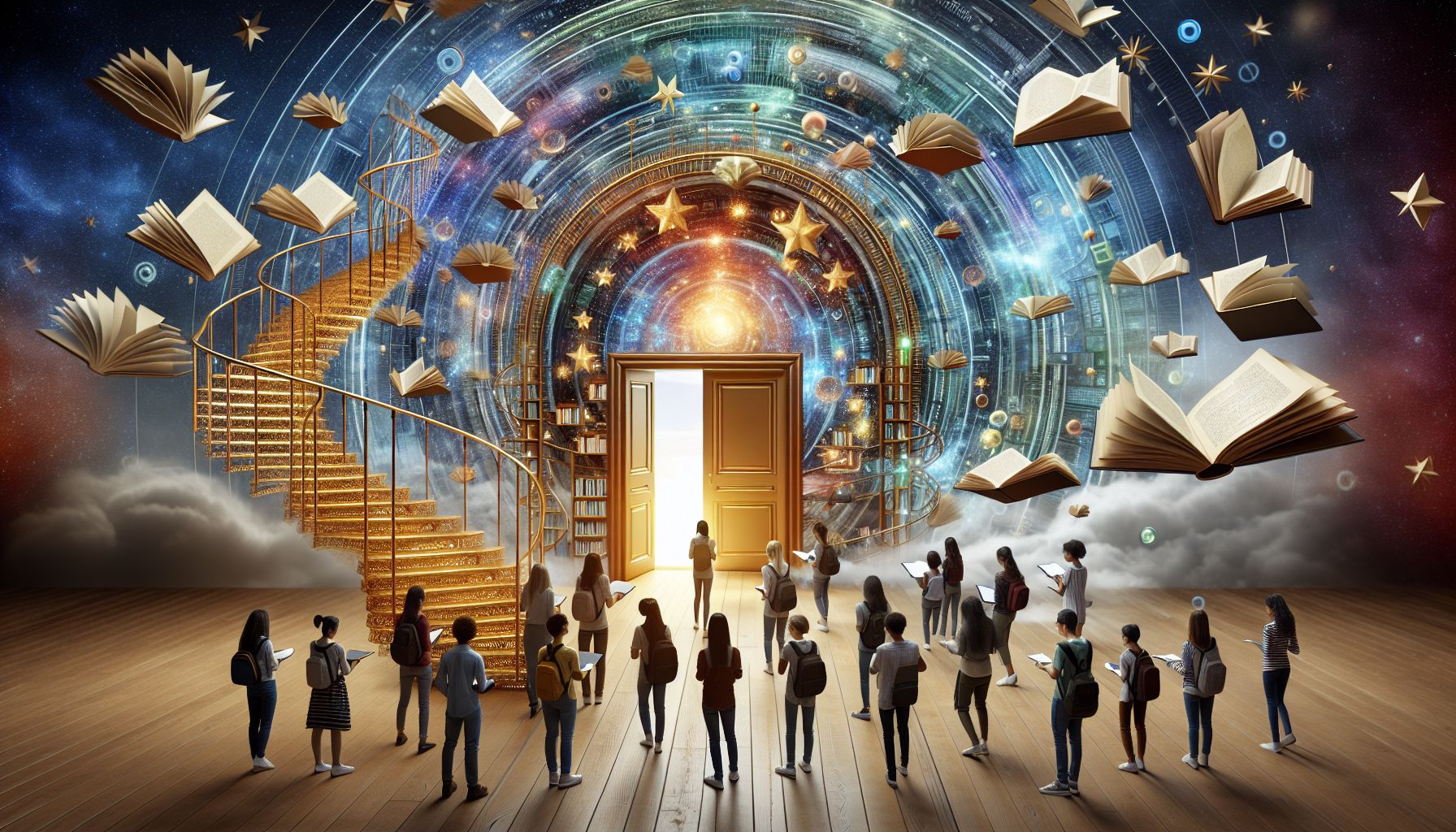Education, with its ever-evolving pedagogies and innovative learning methods, holds the key to unlocking the potential within each individual. In this fast-paced world, where information is readily available, embracing lifelong learning has become crucial for personal and professional growth. As we journey through the intricate realms of education, let us explore a recent shift that has revolutionized teaching practices, delve into the corridors of modern education, and contemplate the future of this transformative field.
In recent years, a standout teaching method has taken center stage, transforming traditional classrooms into dynamic spaces of exploration and growth. Known as experiential education, this approach takes learning beyond textbooks and lectures. It engages students through hands-on experiences, enabling them to apply theoretical knowledge to real-life scenarios. Whether it’s conducting experiments in science, participating in simulations, or engaging in community service, experiential education cultivates critical thinking, problem-solving skills, and empathy. By immersing students in the learning process, this innovative method breathes life into education, igniting a passion for knowledge and nurturing well-rounded individuals.
The advent of technology has further revolutionized modern education, opening doors to endless possibilities. However, the transition to remote learning in the face of the COVID-19 pandemic has presented a unique challenge. While technology served as a lifeline during these unprecedented times, it also magnified the digital divide, disproportionately affecting marginalized communities. Bridging this gap and ensuring equal access to education has become a pressing priority. Collaborative platforms, digital resources, and virtual classrooms have kept the learning process alive, blurring the physical boundaries of education. The integration of technology has not only made education more engaging but also equipped students with digital literacy skills indispensable in the 21st century.
As we navigate the ever-evolving landscape of education, we are compelled to contemplate its future. Institutions play a vital role in shaping minds, yet the traditional model of education is continually being challenged. The rise of personalized learning, flexible schedules, and individualized curriculums reflects a growing recognition of diverse learning styles and the need for tailored education. The future will witness a paradigm shift, with institutions embracing unconventional techniques and fostering a culture of adaptability. Lifelong learning will become ingrained in the fabric of society, enabling individuals to thrive in an ever-changing world. Education will transcend the classroom, extending its reach to all corners of the globe, empowering individuals to become global citizens and fostering a deep sense of empathy and understanding.
In conclusion, education is not merely the acquisition of knowledge; it is a transformative journey, a lifelong pursuit. Experiential education and the integration of technology are shaping the modern educational landscape, empowering individuals to engage actively in their learning. The future holds immense promise, as institutions adapt to the changing needs of learners and embrace innovative methods. Let us embark on this voyage, with a thirst for knowledge, a passion for growth, and a dedication to transforming ourselves and the world around us.
Note:
This blog post explores the evolving realm of education, focusing on experiential education, the influence of technology, and the future of learning. The transformative power of education is at the core of this exploration, inviting readers to consider the broader implications of lifelong learning. As we continue to navigate the intricate corridors of education, the importance of embracing change and innovation will remain paramount to unlocking the true potential within each individual.

